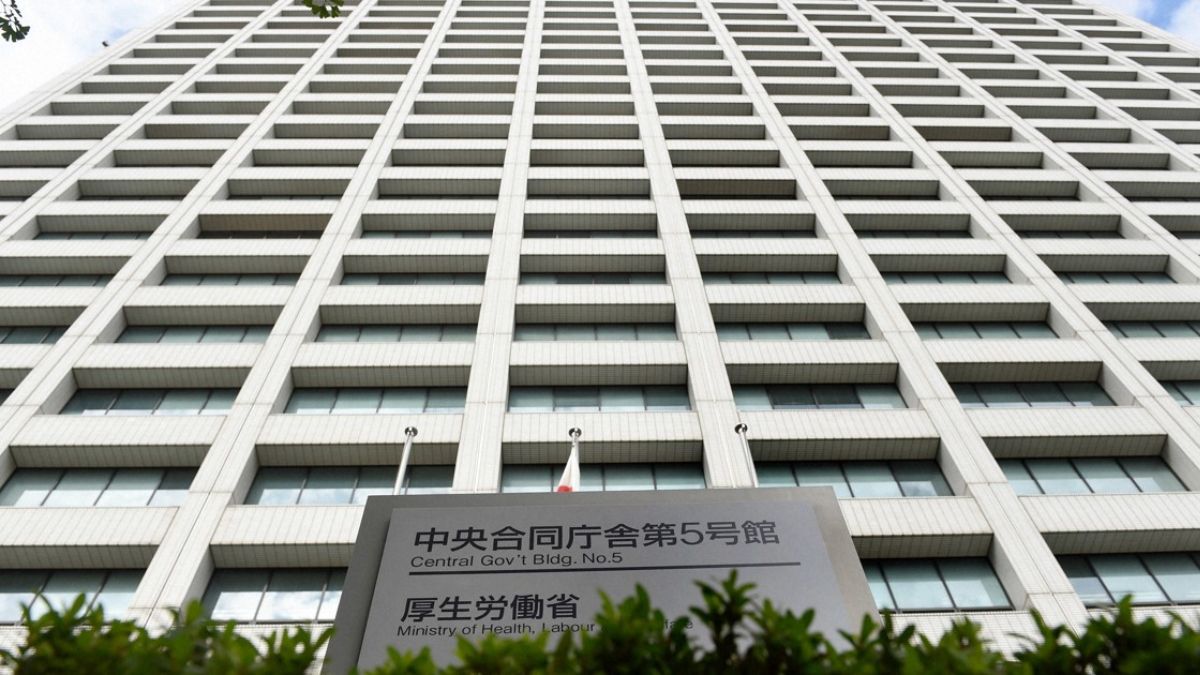Japan’s Ministry of Health, Labor and Welfare (MHLW) is taking a bold step towards advancing the country’s pharmaceutical sector by creating a centralized hub dedicated to the complete development of new drugs. This initiative, which includes inviting foreign startups to participate, aims to accelerate the production of innovative treatments and combat the nation’s long-standing “drug lag.”
The decision reflects Japan’s growing concern over its lag in approving new therapies compared to the U.S. and Europe. As of 2023, over 140 products approved abroad had not yet received approval in Japan, prompting the government to seek new ways to streamline its regulatory processes.
By consolidating the entire drug development process in one location, Japan hopes to create a more efficient environment where domestic and international companies can work together. The hub will offer resources for research, clinical trials, and regulatory guidance, providing a seamless transition from development to market entry. Foreign startups, in particular, are encouraged to bring their innovative solutions to Japan, where they will receive support from the government.
Moreover, the MHLW is implementing reforms to reduce regulatory barriers for foreign companies. This includes the elimination of the requirement for separate Phase I clinical trials in Japanese patients unless deemed necessary. The change aims to make Japan a more attractive market for international pharmaceutical companies.
In addition to fostering innovation, the new drug hub will help Japan maintain a stable supply of essential medications by focusing on high-priority drugs. This will safeguard the country from potential shortages and ensure that patients have access to the latest treatments.
The MHLW’s initiative not only aims to close the gap between Japan and the rest of the world in drug approvals but also to ensure that the country remains competitive in the global healthcare landscape.

